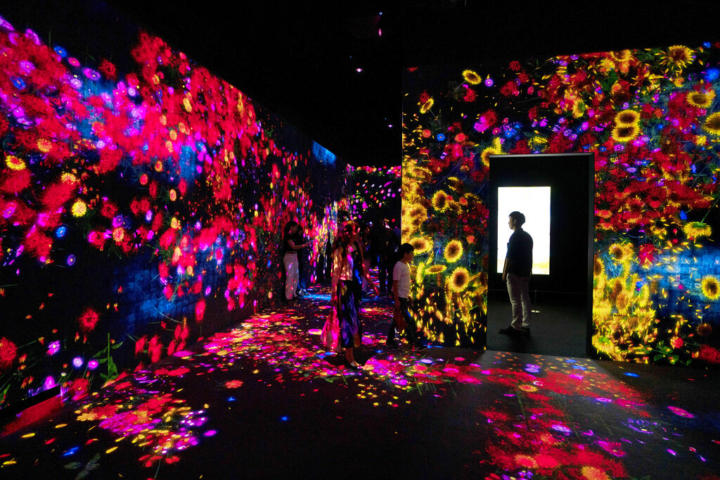“Digital” is now everywhere. Progress in itself is not a bad thing; on the contrary, it helps to improve the quality of life, to keep the economy going, and to face crises quickly and promptly.
However, experience shows that – as in all things – the problem is not the tool, but the use that is made of it. Therefore, if on the one hand the growing pervasiveness of digital technology in everyday life makes the distinction between the digital world and the real world increasingly blurred, on the other hand, ethical questions related to the use of new technologies are emerging in a pressing way. Just think of the illicit use of our personal data, which has even reached the control of the masses (Cambridge Analytica case), and (some worrying) horizons opened by artificial intelligence.
The need for a discussion on the level of ethical values is a real and current fact, confirmed by the steps taken so far by some major companies and institutions.
In February 2020, FAO director general Dongyu Qu, Microsoft president Brad Smith, IBM vice-president John Kelly III, European Parliament president David Sassoli and the Italian minister for technological innovation Paola Pisano, met in Rome, responding to an invitation from the Pontifical Academy of Life. There they discussed the development of an artificial intelligence that respects ethical values, and committed themselves personally to it by signing an ethical charter for the development of artificial intelligence [1].
At the European level, the European Commission has recently proposed two legislative initiatives: The Digital Services Act (DSA) and the Digital Markets Act (DMA). Their objectives: to create a secure digital space, where the fundamental rights of all users are protected, and to establish a level playing field to foster innovation, growth, and competitiveness, both in the European Single Market and globally [2].
However, up to now these issues have been discussed mainly at the level of large companies and heads of government, while they concern the whole of civil society [3].
This is why the Digital Oath project was created, a space for dialogue in order to arrive at the definition of a “Digital Oath” that directs technological change to the common good, to the good of humanity. A “Hippocratic Oath” for software engineers, computer scientists and, more generally, digital operators. The objective is to define ethical boundaries within which it is legitimate to move. Boundaries that must be present from the moment new technologies are designed.
To achieve this goal and spread this idea, we are working on a platform where to inform, discuss and work together with a common and shared horizon. The idea of this space was born in December 2019 in Trento, during a meeting of 50 young media operators with Fadi Chehadé, former ICANN president, and first promoter of the Digital Oath idea.
Progress is for human being and not vice versa. For this reason, the person and his or her fundamental values should always be kept in mind as the horizon towards which to move. A progress that forgets this can only generate discomfort, and questions, whose origin lie precisely in this forgetfulness. For this reason, the digital oath, and the dialogue between all involved to reach it, would like to keep as a perspective a progress that is always more person-compliant (person-friendly), if we can say so.
On a concrete level, the work within the project will be organized on three levels: content, shape and visibility. Therefore, three teams are taking shape: The Content team will focus on a dialogue on these issues aimed at defining the “ethical boundaries” for the oath, the fields involved and concrete examples of its use. The Shape team will seek to understand what approach to take to the oath, to make it a scalable and globally recognized experience. The Visibility team will work on social media communication and the creation of a web portal at www.digital-oath.net.
Those who are interested in these issues and want to actively engage can email info@digital-oath.net
[1] Jaime D’Alessandro: “Vaticano, governo, Microsoft, IBM e FAO. Nasce la carta etica per l’intelligenza artificiale”
[2] European Commission: “Digital Services Act Package”,
https://ec.europa.eu/digital-single-market/en/digital-services-act-package
[3] Chiara Sammarco: “Processo alle aziende High Tech: ci riguarda?”
https://www.cittanuova.it/processo-alle-aziende-high-tech-ci-riguarda/?ms=003&se=006






Leave A Comment